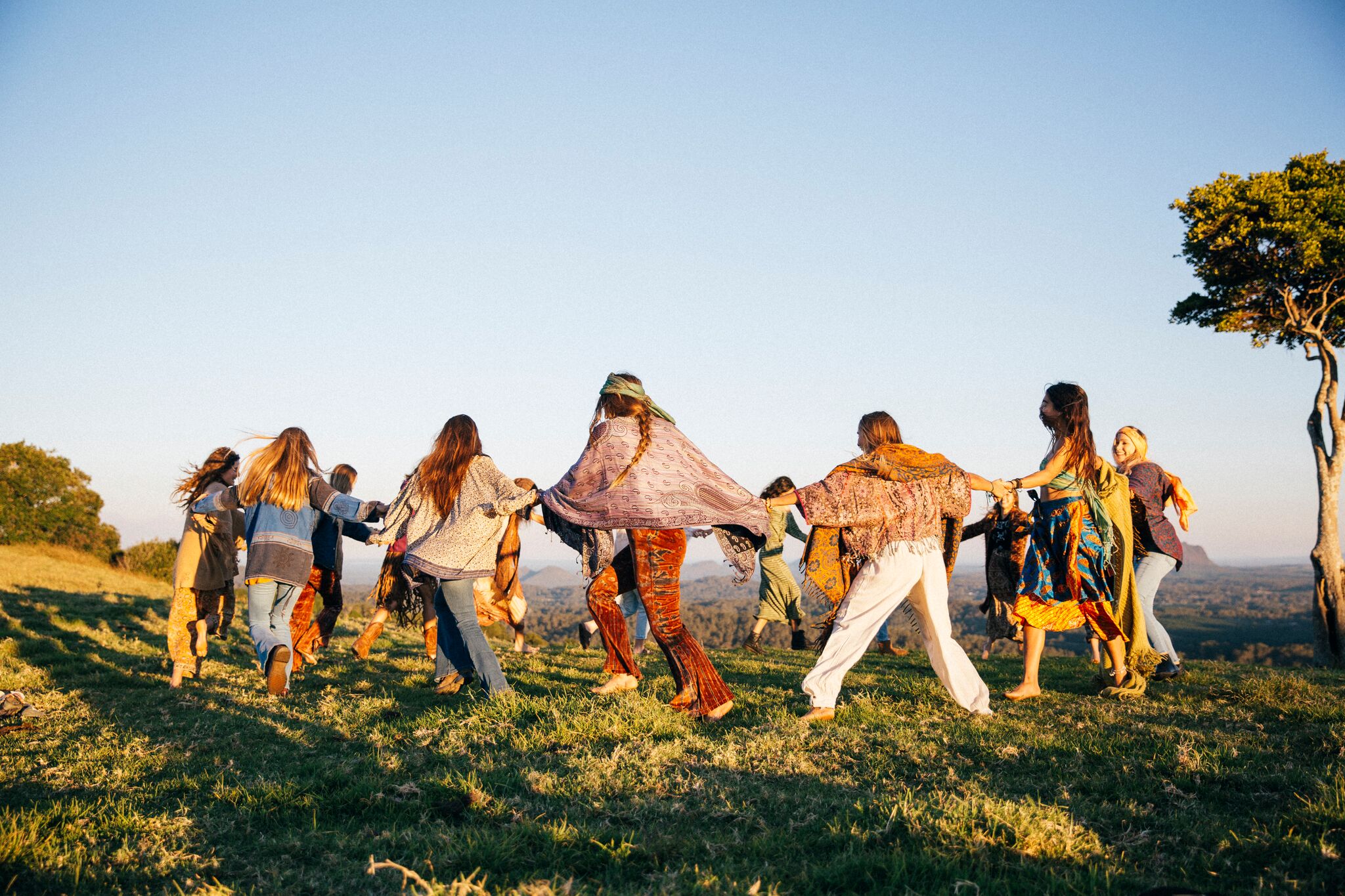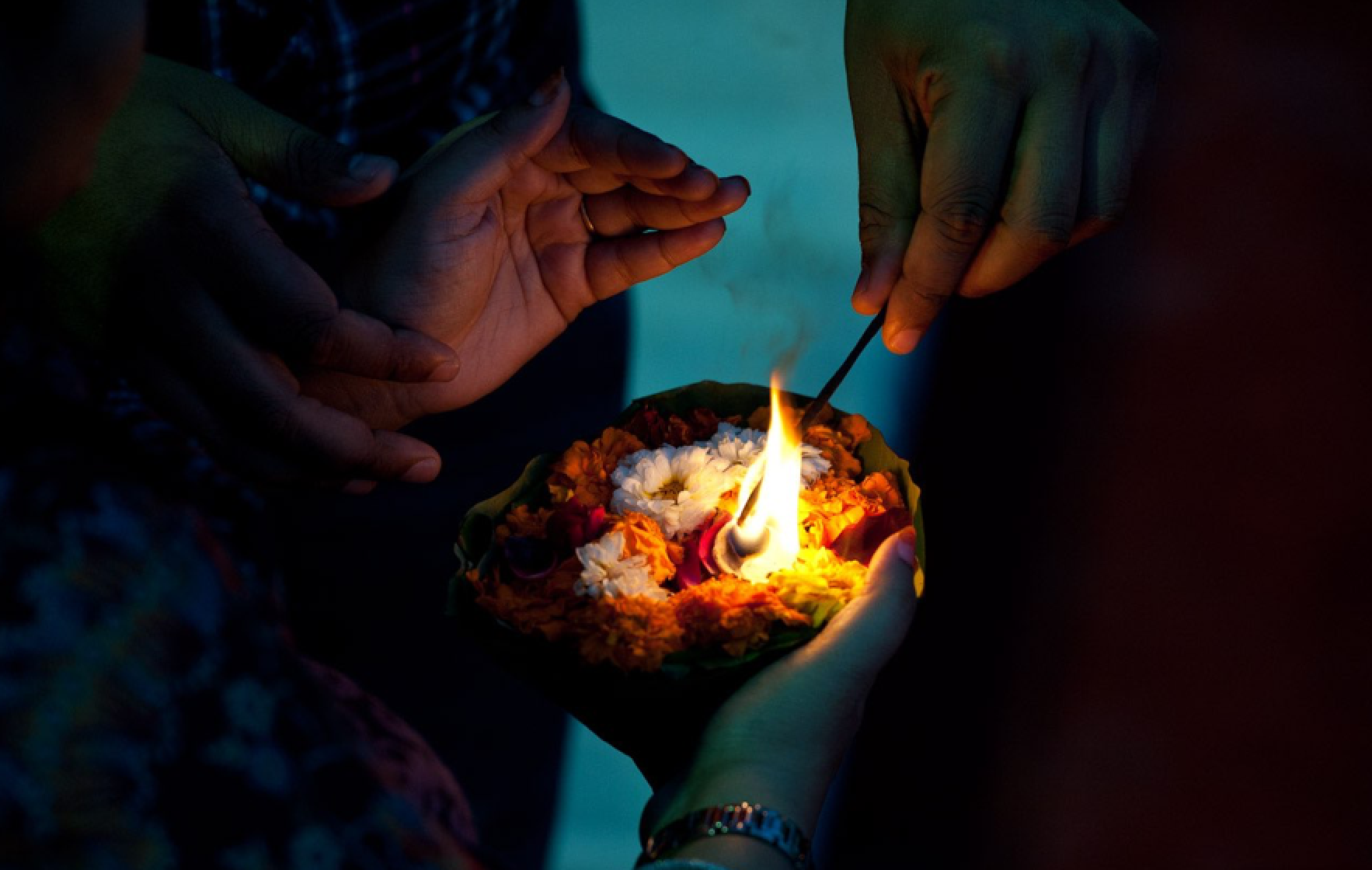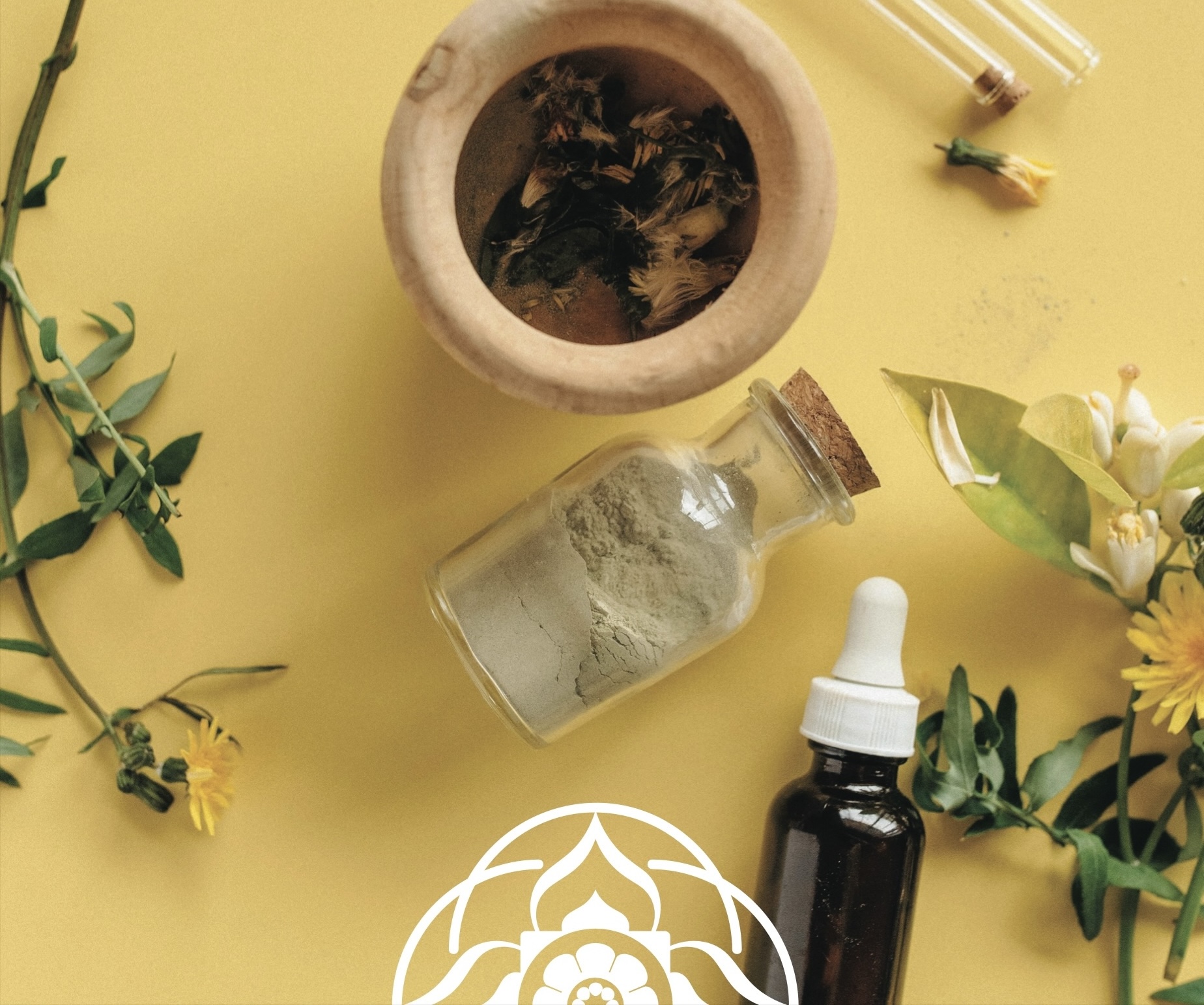Solving an Age-old Problem
No surprise, graduation was just the beginning, and it’s all about connection. Sevanti Wellness was created to solve a lingering problem within the wellness community: Most graduates of wellness training programs fail to thrive in their practice, and as many as 80% of them stop practicing within the first year. What happens to the spark they enjoyed during their training? What distinguishes those who thrive in their practice from those who do not?
Conversations with dozens of school owners and practitioners reveal that it came down to three missed opportunities: a lack of practitioner community support (i.e., missed connectedness and shared inspiration), poor clinical development (lack of residency programs), and the lack of business development and executive coaching. Some also lack basic technological tools to link the practitioner with potential lead clients (i.e., virtual tools). With the rise of telemedicine during the pandemic, we saw an opportunity to solve all three of these limitations. We call these solutions:
The Three Pillars of Team Practice:
Practitioner Community Support + Residency Programs + Professional Development
Pillar 1 – Practitioner Community Support
Connection is everything! Join our Practitioner Team and find connections with other peer practitioners, with your lifestyle and personal values, and, most importantly, with the practice of your dreams.
At Sevanti Wellness, we believe that for our practices to thrive after graduation, we must build a practitioner community of our professional peers. These peers provide the inspiration and professional connection that keeps us engaged socially, exposed to new practice methods, and ordained to meet the highest standards of our profession. To thrive, we must grow. It’s no wonder that healers grow best in community. Not by fulfilling CE credits for trade organizations but by nourishing ourselves as healers. The wisdom of our practice requires time and experience to grow. The SW Team Practice serves as a community lifeline for those who work solo or at home. Isolation and practicing “in the dark” are not inevitable. Sevanti Wellness has centralized a community of healers to support you and your practice. We have each other to share with, lean on, run clinical questions by, and learn from. Sevanti Wellness offers the social glue, mentorship, and virtual tools to build the practice competency needed for practitioners to grow. As humans and healers, we can only grow together.
Community Support Solutions
Practice in a Community of Your Peers — Practicing alone can be disempowering and alienating. With virtual practice, community support is just a Slack message or Zoom meeting away. Join the SW Team Practice and immerse yourself in professional, social, academic, and clinical teamwork. Learn from and share with your peers. Set up a referral network that reciprocates. Enroll in our mentorship program. Practicing in a clinical community nourishes your gifts, like water and sunshine to a garden.
Practitioner and Leadership Support — All directors and member practitioners agree to support one another. Gain access to our wide range of clinical and academic professionals who can provide advice and support on a limitless range of issues impacting your practice.
- Post clinical questions on your department’s Slack channel. Give and receive feedback in the spirit of community support.
- Practitioners within each practice department form a “kula” or community support network. Learn from your team.
- Access to clinical feedback on challenging cases. Improve your case management skills.
- Grow your practice by offering workshops to showcase your expertise.
- Professional development workshops to help you improve business skills and meet your practice goals.
- Position opportunities such as mentoring, teaching, and tutoring
Kula Gatherings | Clinical Meetings | Two meetings per month — Each clinical department – Ayurveda Counseling, Yoga Therapy, and Vedic Astrology- will hold its own virtual meetings twice per month. Learn clinical skills from and share with your peers. Present challenging case reports for feedback. Use this time to share clinical methods, present findings from your work, share new practice methods, and share resources relevant to each discipline’s unique practice system.
Sangha Gatherings | Informal and Social | One per month — Sevanti Wellness will offer casual virtual meetings, open to practice members across all three departments, to meet and greet, learn from each other’s practices and specialties, and deepen social connections. These meetings are the perfect space to ask questions and brainstorm new ideas. Whether concerning your practice, managing clients, workshops, or anything else relevant to the Sevanti sangha, these monthly virtual calls are the backbone of our community of practitioners.
Cross Referrals – Receive and send referrals from practice members across all disciplines at Sevanti Wellness. Create your own network of SW team member referrals that will reciprocate with their referrals to you. If you are an Ayurveda Counselor, send your client to one of our Ayurveda Nutritionists to create a customized meal plan. If you are a Vedic Astrologer and you sense that your client needs physical support for a recent injury, send them to one of our Yoga Therapists. If a client’s health is not responding to standard care, send them to a Jyotishi. The issue may be in their chart. Highlight your practice specialty topics on your Practitioner Profile page, and others will refer clients to you.
Pillar 2 – Department Residency Programs
Sevanti Wellness is proud to offer department-based residency programs to its community members. Residency programs focus on advanced clinical training within the boundaries of their department tradition with some interdepartmental training. Residency training allows practitioners to aim for practice mastery built upon exposure to advanced clinical skill sets and the development of specialty training. We strive to create a healthy residency experience with enthusiastic residents who are clear about their long-term career goals and pleased with the quality of their training. The goal is to develop a master level of clinical competency within their scope of practice.
Clinical Development Solutions
Residency programs focus on advanced clinical training within the boundaries of their department tradition. However, some crossover may occur. The practice of Medical Jyotish is a great example and might include training from Advisors in the departments of Ayurveda and Jyotish. Each department’s residency program is organized differently but follows the general training guidelines outlined by Sevanti Wellness with influences from trade association scope of practices such as those of NAMA and IAYT. We should remind ourselves that NAMA and IAYT guidelines are minimal guidelines established to create continuity and standardization in US schools. Their scopes of practice are definitive; however, they should by no means limit the skills of current practitioners. Residency programs allow practitioners to aim for practice mastery built upon exposure to advanced clinical skill sets, specialty training, and business development.
Sevanti Wellness residency programs will rotate residents among advisors, mixing didactic instruction with comprehensive clinical and specialty experience. Substantive instruction and clinical experience will be available in all departments. Programs are structured around a series of clinical rotations with the advisors in your department, with a specialty of your choice, with the first phase often being a general “residency” where residents gain broad clinical experience, followed by more focused training in their chosen specialty in a second phase, all while being supervised by attending advisors. The length of a residency program varies depending on the department and chosen specialty, typically ranging from 12 to 24 months.
Although most guidelines are standardized for all departments, they have structural differences. Department advisor lectures and mentorships will provide the primary training. Some departments may use advisors from other departments (ie, Ayurveda instructors for Jyotish practitioners seeking skills in Medical Jyotish). Some departments may utilize remote instructors or send residents to other institutional courses. Some departments may provide all instruction internally.
Didactic Instruction
All training programs will have regularly scheduled didactic instruction in their department’s clinical practice. The curriculum will include specialty practices, advanced methods, and pathology. If the program is weak in a particular specialty in high demand, attempts will be made to compensate for the weakness in the program, such as through guest lectures and advisor recruitment. Some departments may use outside training courses to supplement their internal lecture series.
Clinical Experience
Residency programs will provide a reasonable balance between clinical experience and didactic instruction. The clinical component will include supervised case management of both virtual and in-person clients. Each resident will participate in a clinical rotation schedule that includes primary responsibility for client care and provides access to advisor supervision. The program should be organized to provide a stable, well-coordinated, progressive educational experience for the resident and provide high-quality wellness care to clients.
Residents will perform an adequate number of client sessions, the number to be determined by each department, with an appropriate variety of client conditions. Specialty training may require a more focused approach. Resident performance will be adequately supervised. At the same time, there will be sufficient resident responsibility to allow for the growth and maturation of clinical skills.
Department Residency Programs include the following:
– Additional residency fees required. Fees TBD
– Residency programs are independently offered by each department and will vary in structure and content.
– To enroll, community members must upgrade their community membership to Residency Program status.
– Residencies are an opportunity to dig deeper into your practice skills or to develop a specialty practice.
– Residents can choose to dedicate their residency to one advisor for specialization or cycle through different advisors for set periods, allowing exposure to various skill sets and specialties.
– Residents can choose a specialty residency and focus on one specialty from the beginning or start with a broader overview before specializing later.
– Residents must select a primary advisor, but they can have several from the same department or from across departments for interdisciplinary studies.
– Advisors closely monitor and guide residents’ clinical decisions and case management.
– Residents will participate in lectures, workshops, and other educational sessions to deepen their knowledge. Residents may be asked by their advisor to give talks or seminars to other department residents and/or the larger Sevanti Wellness members. Other departments may request residents to share their knowledge with their department members and residents.
Pillar 3 – Professional Development & Mentorship
In our research, we found that in addition to the lack of community, most wellness practitioners also lacked basic business acumen and an interest to seek it out. After all, didn’t we become healers to create an alternative lifestyle for ourselves that wasn’t business-focused? What if the business skills were taught by those we respected most within our community of healer practitioners? What if the very people we admired for their success were now inspiring our own?
The SW Professional Development Program enables our Team Practitioners to share and discover new skills in clinical settings with the support and guidance of their professional peers. For those interested in being challenged by more experienced practitioners and teachers, we are offering a Mentorship Program that includes mentors with greater experience and specialization within their discipline. In addition to the community peer exchange that comes with general SW membership, our mentors offer one-on-one support at a higher standard of guidance.
Each department (Ayurveda Counseling, Yoga Therapy, and Vedic Astrology) will develop a unique mentorship program based on the needs and practices within their discipline. Check with the Department Director for more details.
Professional Development Solutions
Professional Development: We want to empower your practice. In addition to community, we offer in-house mentorships, professional development workshops, national exam prep courses, online recorded courses from practice management instructors, downloadable PDFs, and continued education to help you rise and expand your practice skillset.
Leadership Workshops: Department Advisors and guest instructors will offer the following professional development workshops:
1. One or two monthly workshops: 60-90 minutes on a topic related to your practice field. No fee.
2. One or two quarterly workshops: 3-4 hours. Minimal fee. TBD.
3. Two biannual trainings: an in-depth online retreat and PD Immersion. Fee TBD.
These trainings are department-specific and will include topics such as clinical methodologies, client management, principles and theories of clinical practice, personal development, data management, business development, teacher training, marketing, branding, and technology used in practice.
Practitioner Workshops: Practitioners are encouraged to offer workshops to other team members. Department Advisors must approve the workshops and are provided at no cost. The workshops aim to educate each other and improve teaching skills. If you are in an Education Mentorship, please speak with your mentor about offering a workshop.
National Certification Exam Prep Courses: Sevanti Wellness team members are not required to be recognized by national trade associations such as the National Ayurvedic Medical Association (NAMA) or the International Association of Yoga Therapists (IAYT). We aim to support graduates immediately upon graduation before they potentially drop out of practice. The period between graduation and NAMA/IAYT certification is critical. Though we do not require it, NAMA and IAYT recognition is a powerful step in your professional development, and we suggest you consider professional membership.
NAMA and IAYT have national certification exams. Preparation for these exams can be a bit intimidating without guidance. Sevanti Wellness will offer prep courses for both exams to support you on that journey.
Continued Education Credits: If you are a professional NAMA or IAYT member, you must submit continued education hours to maintain your membership. NAMA’s Professional Ayurvedic Continuing Education (PACE) program requires professional members to complete 30 credits every two years. IAYT requires at least 24 hours (24 CEs) of IAYT-approved continuing education every three years. Your attendance and teaching time at Sevanti Wellness may be accepted for CEU credits.
Mentorships
The SW Mentorship enables our practitioner members to receive critical support and guidance from a more specialized, experienced mentor within their discipline. In addition to the community peer exchange that comes with general SW membership, our mentors offer both one-on-one and group support at a higher standard of guidance.
Mentorship will be offered in two formats: individual and group sessions. Each department will develop a unique mentorship program based on the needs and practices within their discipline. Check with the Department Director for more details.
Choose a Mentorship Focus:
Clinical Mentorship | Focus on the best practices for case management and advanced clinical skills required to improve client outcomes more effectively. Most of these skills are not taught in schools and come from years and sometimes decades of experience. They are unique to each practice discipline and focus on building realistic and effective treatment plans and improving patient compliance.
Practice Management Mentorship | Focus on the business development skills needed to grow your practice. Skills include practice management, marketing, brand building, mindset, virtual tools, and reciprocal referrals.
Educational Mentorship | Focus on the skills required to teach your area of practice confidently. Skills include curriculum development, effective communication, storytelling, ethics, handouts/manuals/visual aids, course structure, course duration, team teaching, marketing and enrollment, virtual and in-person etiquette, teacher-student boundaries, live and recorded streaming, platforms that support online teaching, and the use of social media.
Also Included – Virtual Tools
The SW Virtual Tools enable our Team Practitioners to access new client leads around the worldwide from the comfort of home. Our virtual tools include access to our client booking platform, automated notifications, encrypted data storage, and intake forms. All are included in the flat monthly membership fee. Control your availability and rates. Client payments are deposited directly into your bank account. DM team members and mentors on our Slack channel. Each department (Ayurveda Counseling, Yoga Therapy, and Vedic Astrology) will have their own Slack channel and communications. Check with the Department Director for more details.
Virtual Platform Solutions
Virtual Practice Tools include:
– Slack channel – each department has a group and individual communications channel.
– Booking platform included – book clients from your profile page on the SW website and/or your website.
– Control your rates and hours of availability.
– Payment processing requires clients to prepay for your services upon booking.
– Booking links and widgets – can easily be plugged into your existing website.
– Zoom links are automatically embedded in your client email notifications upon booking.
– Clinical forms – optional client intake and clinical forms to give your practice additional structure.


















